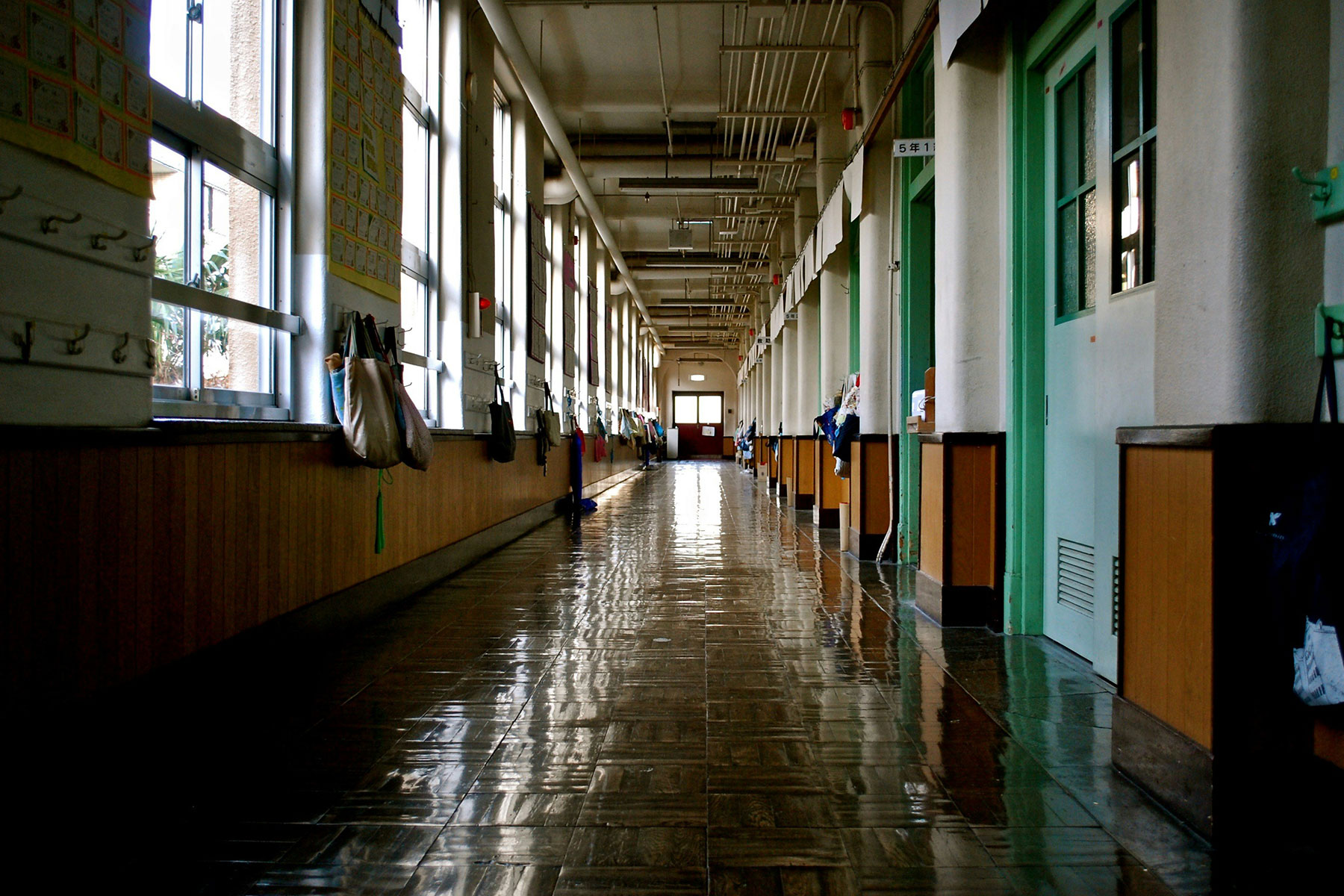
By The National Child Traumatic Stress Network
The recent shooting has been an extremely frightening experience, and the days, weeks, and months
following can be very stressful. Your children and family will recover over time, especially with the
support of relatives, friends, and community. But families and youth may have had different
experiences during and after the shooting, including those who may experienced physical injury,
involvement in police investigation, worry about the safety of family members and friends, and loss of
loved ones. How long it takes to recover will depend on what happened to you and your family during
and after this event. Some adults and children have been seriously injured and will require medical
treatment and long-term rehabilitation. Over time, some youth and adults will return to normal
routines, while others may struggle. Children and teens may react differently to the shooting
depending on their age and prior experiences. Expect that youth may respond in different ways, and
be supportive and understanding of different reactions, even when you are having your own reactions
and difficulties.
Share This Post!
Racial Trauma
By Mental Health America Racial trauma, or race-based traumatic stress (RBTS), refers to the mental and emotional injury caused by encounters with racial bias and ethnic discrimination, racism, and hate crimes. Any [...]
For Children With a Disability, a Higher Risk of Trauma
By Steven Ross Johnson, US News Research released Wednesday by the Centers for Disease Control and Prevention shows a larger share of children with disabilities between 5 and 17 years of age [...]
Stress & Trauma Toolkit for Treating LGBTQ in a Changing Political and Social Environment
By American Psychiatric Association Violence against the LGBTQ community has increased over recent years. In 2016, the Pulse nightclub shooting in Orlando shocked the nation—with a single gunman killing 49 people and [...]
How Organizations Can Support LGBTQ Youth Facing Trauma
By Center on Child Wellbeing & Trauma As an organization that supports children who have experienced trauma, it’s important to remember that every child’s experience is different. Those in the LGBTQ community need [...]
Trauma-Informed Care
By healthcaretoolbox.org A guide for patients and caregivers to advocate for trauma-informed care in all aspects of healthcare. Read Article [...]
After the Trauma: Helping My Child Cope
By The Center for Pediatric Traumatic Stress at Children's Hospital of Philadelphia and Nemours / Alfred I. duPont Hospital for Children A helpful toolbox to assist parents with what they can [...]







